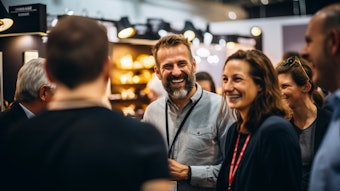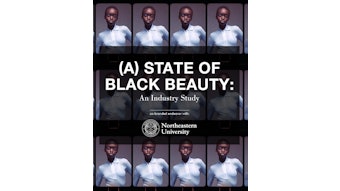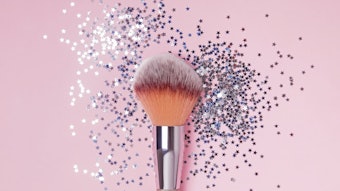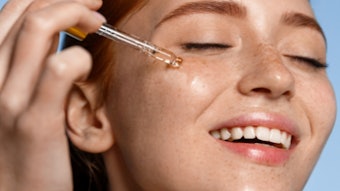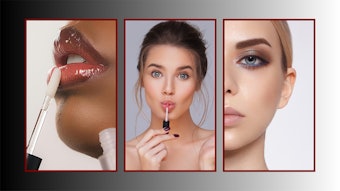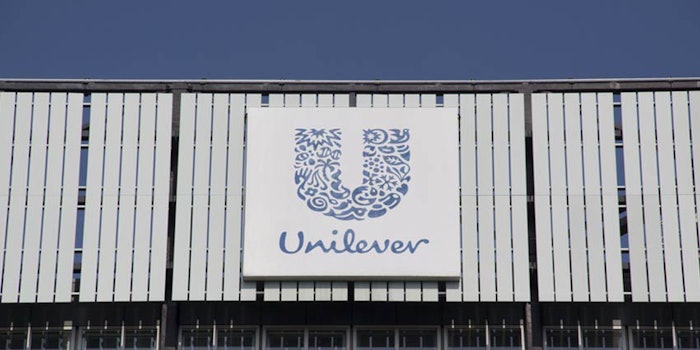
Every day, 2 billion people around the world use Unilever products—including more than 400 personal care brands. This creates a significant opportunity to impact the lives of consumers, employees and suppliers. It also presents a challenge to brands to stay relevant and alive. During a recent Cosmetic Executive Women Newsmaker Forum in New York, two Unilever executives explained how the company is reworking its portfolio to compete with today’s consumers.
David Shipman, North American president of Firmenich, noted that Unilever is now focused on improving the sustainability of its company and products.
The turning point, for Rogers, was the 2004 launch of Dove’s “Campaign for Real Beauty,” which focused, according to Unilever, on “real women whose appearances are outside the stereotypical norms of beauty.”
Kees Kruythoff, president, NA, Unilever, added that Unilever gives back to society through various means, including self-esteem and hygiene. Tamara Rogers, Unilever’s executive vice president of personal care USA, continued, “[Consumers] have a need and desire to be healthier and well, more holistic, more meaningful.”
As such, Unilever has pushed its brands to envelope a “complete person approach,” Rogers said, comprising various elements of wellness. This, she explained, would keep the consumer coming back.
The turning point, for Rogers, was the 2004 launch of Dove’s “Campaign for Real Beauty,” which focused, according to Unilever, on “real women whose appearances are outside the stereotypical norms of beauty.” The ads confronted standards of looks and presented a more inclusive, positive approach to personal care.
“Dove rediscovered purpose for Unilever,” said Rogers, who added that the brand, which is “all about superior care,” were also helping support consumers’ self-esteem.
This isn’t simply a feel-good opportunity. Rogers pointed out that “purpose brands” are growing at twice the rate of standard brands. This is particularly critical for millennials, who are overwhelmingly interested in socially responsible brands.
Unilever has since expanded these efforts by expanding the Dove campaign, launching the Vaseline Healing Project, “an international aid effort with Direct Relief providing skin care and medical supplies healing the skin of those in poverty,” and by jettisoning male/manhood stereotypes with a recent Axe campaign, “Find Your Magic,” that recontextualized a brand that had traditionally been polarizing for both men and women.
Further reading: Unilever's premiumization strategy.

